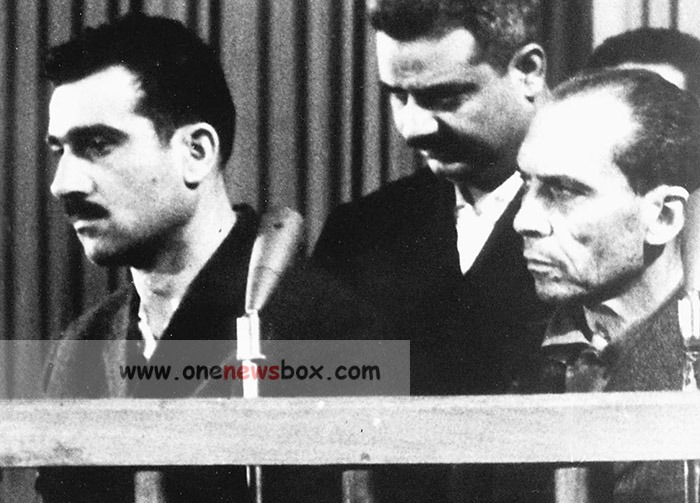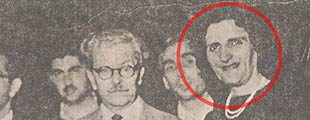The Syrian authorities were ruthless in their pursuit of Cohen. He was arrested, interrogated, and subjected to brutal torture, yet he never revealed any of Israel’s classified information. Despite the immense pressure, Cohen maintained his cover and loyalty to Israel throughout the ordeal. The skill and discipline with which Cohen handled his interrogation exemplified the courage and resilience of an individual committed to his mission and his country. His refusal to betray Israel, even under the most extreme conditions, solidified his legacy as one of the most heroic figures in the world of espionage.
Following his capture, Cohen was tried in a military court. The charges against him were clear: espionage for Israel. Despite the pressure from the Syrian authorities, Cohen’s determination to maintain his silence was unwavering. As the trial progressed, the Israeli government moved quickly, appealing to the international community for assistance in securing his release. Appeals were made to the Syrian government, requesting that Cohen’s life be spared. World leaders, including Pope Paul VI, and the governments of France, Belgium, and Canada, also joined the calls for mercy. Even the Soviet Union, which had played a role in tracking Cohen’s transmissions, was approached for mediation in hopes of averting the execution.
However, despite the international outcry, the Syrian government remained steadfast in its decision. Eli Cohen was sentenced to death, and on May 18, 1965, he was publicly executed by hanging in Damascus. The execution marked the tragic end of Cohen’s life and his extraordinary espionage career. His death left a profound impact on Israel and the world. His sacrifice was not in vain, however; the intelligence he provided helped Israel during the Six-Day War, and his work remains a testament to the importance of espionage in shaping global conflicts.

